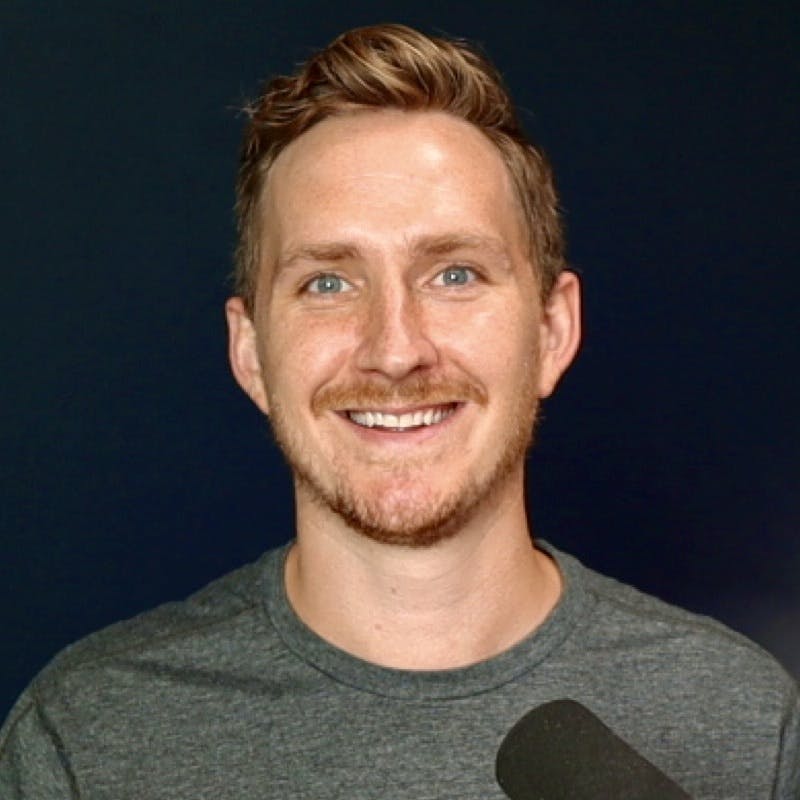Podcast: Play in new window | Download

In this episode of The Podcast Reporter show, we discuss some tips concerning some of the top podcast planning mistakes, as given to us in a post by Ben Krueger of Cashflowpodcasting.com.

In the podcast episode and post titled “The Top 3 Podcast Planning Mistakes,” Ben delivers a summary of what he considers are the top mistakes in planning your podcast shows:
- Thinking that it is all about YOU;
- “Build it and they will come”;
- Not providing a clear call to action.
While certainly, these 3 are key mistakes when planning your show, I venture to say that there are others — and the gravity is a matter of opinion. In fact, Dave Jackson of The School of Podcasting show has covered in many episodes of the past other key mistakes that he feels are catalysts when a podcaster determines that he has failed and that it is time to podfade a show.
I, myself, feel that other key mistakes were NOT to understand what your objectives are in starting your podcast, as well as not knowing who your audience is and what kind of VALUE is that you need to deliver to them.
And there are others that can be classified as either smaller mistakes of less offensiveness or those that focus on the business and the personal areas.
But, in looking and listening to the podcast episode by Ben Krueger, let us not forget that Ben also delivers his own personal call-to-action for the reader or listener to be aware of his free and fee resources — both his book and his roadmap. I have seen these and they do, indeed, provide good suggestions for the new or aspiring podcaster. And this is true in the area of PLANNING your show.
Also, Adam Curry (i.e., the podfather) also gives us one mistake that beginner podcasters make is that they do not create a podcast show that is really considered “an outsanding product.” Yes, the quality of the show is reflected by the followers or subscribers, the downloads and the responses to calls-to-action of the show itself. His case in point is his show called No Agenda, where he implemented the “value-for-value” model of contributions (either “time, talent or treasure”). I mention this because many think that their show may deserve the merit of being great — when in reality, no feedback or proof (other than social proof from only reviews) can back up that thought.
When I met with Adam the last time we had lunch together and with him during his meetups in Austin over the years, the idea that came through loud and clear was the proof that many hours of preparation and thought and planning went into each episode of his show. It was not the scenario of a couple of “dudes” sitting around a microphone and ad-libbing any sort of babble with expletives, just because they were having fun.
In my situation, I also started a podcast show several years ago whose main objective was just to have fun and really just play around with the audio infrastructure of podcasting with a co-host. This was the show called Grumpy Old Bears — but we really had no plan for success nor any means of feedback of proof. It was just a fun “hobby” for us, whereas the other podcasts I do have in operation now (such as this one) provide feedback to me on the content, the downloads, the acceptance and social proof, etc., to prove and demonstrate the VALUE they provide to their intended audiences.
So, again, I would advise the aspiring and new podcasters to give a quick listen to the 8-minute episode from Ben to learn about how one can disillusion one’s self when it comes to podcasting, and how this type of mindset can lead to creating and implementing some of what Ben Krueger considers the top 3 mistakes in podcasting. And hopefully, you can correct those and put yourself on the correct road to success in your podcasting.
Thank you for your attention.
Copyright (c) 2022, Matrix Solutions Corporation and Ben Krueger of cashflowpodcasting and michaelandmike.com. All rights reserved.






